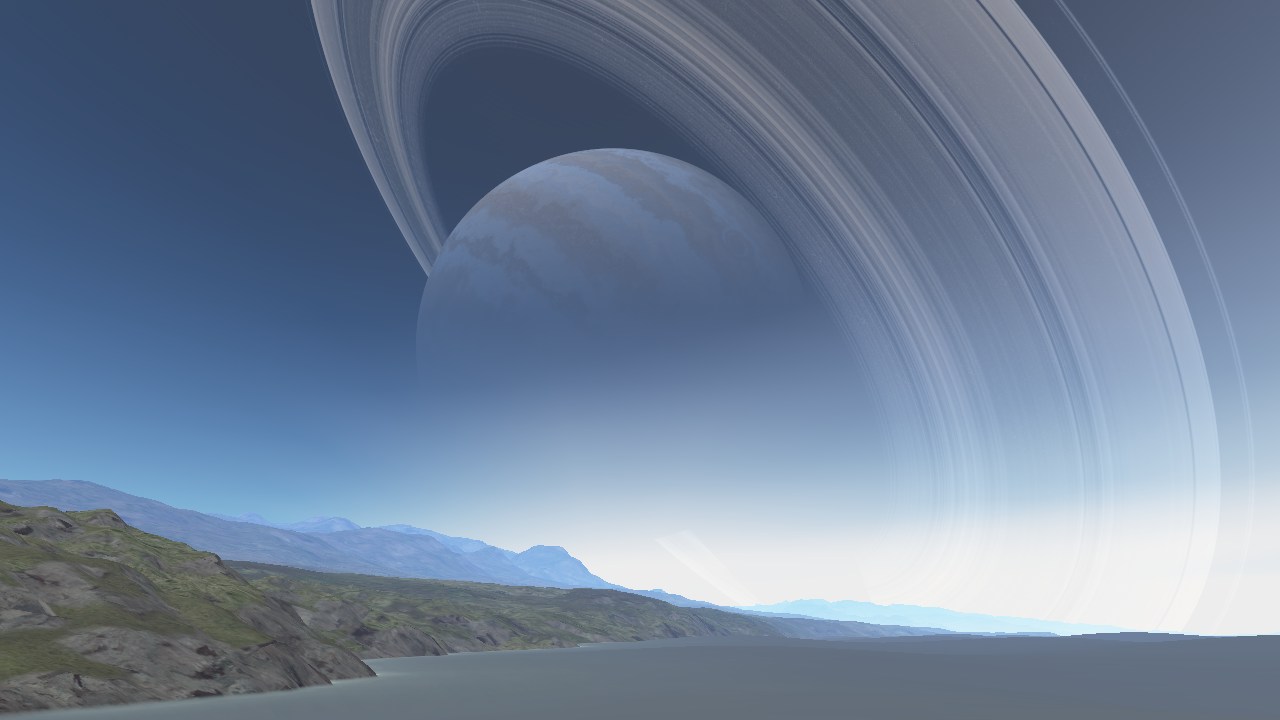Vastator
Platinum Member
- Oct 14, 2014
- 22,104
- 9,671
- 950
Im sure the Easter Bunny is laughing right along with him, while Santa Claus is trying to figure out what's so funny.Saturn's huge moon Titan harbors yet another possible key ingredient for life, a new study reports.
Titan's thick atmosphere contains large quantities of vinyl cyanide molecules, which could conceivably form membranes around cells in the liquid-hydrocarbon seas that dot the frigid moon's surface, according to the study.
Many astrobiologists regard these seas of methane as possibly habitable environments, especially considering that a variety of complex, carbon-containing organic compounds are known to exist on Titan. However, any life the moon's seas may support would have to be very different from Earth's organisms, which depend heavily on liquid water. [Amazing Photos: Titan, Saturn's Largest Moon]
Cell membranes are a case in point. Here on Earth, membranes consist of fatty molecules called lipids. But lipids cannot survive in the otherworldly Titan environment, which features a hydrocarbon-based weather system and average surface temperatures of around minus 290 degrees Fahrenheit (minus 180 degrees Celsius), study team members said.
Saturn Moon Titan Has Molecules That Could Help Make Cell Membranes
I have never heard of vinyl cyanide.
These kinds of posts probably make God snicker.




